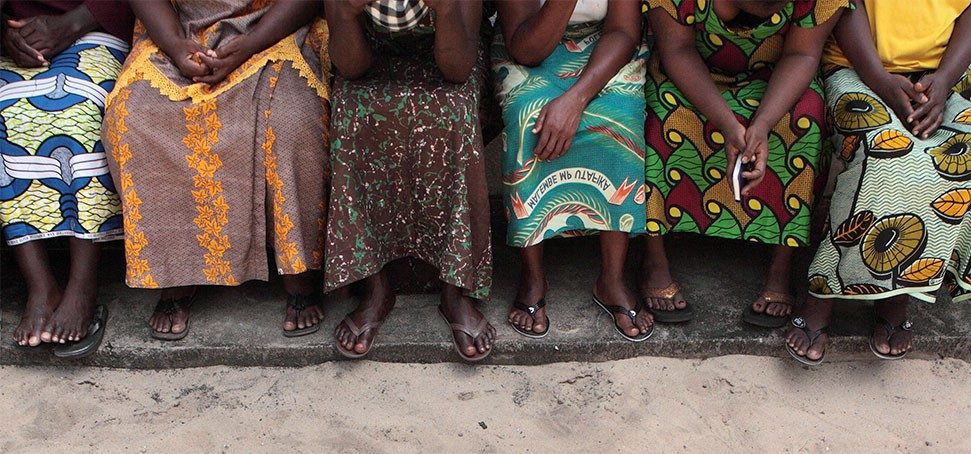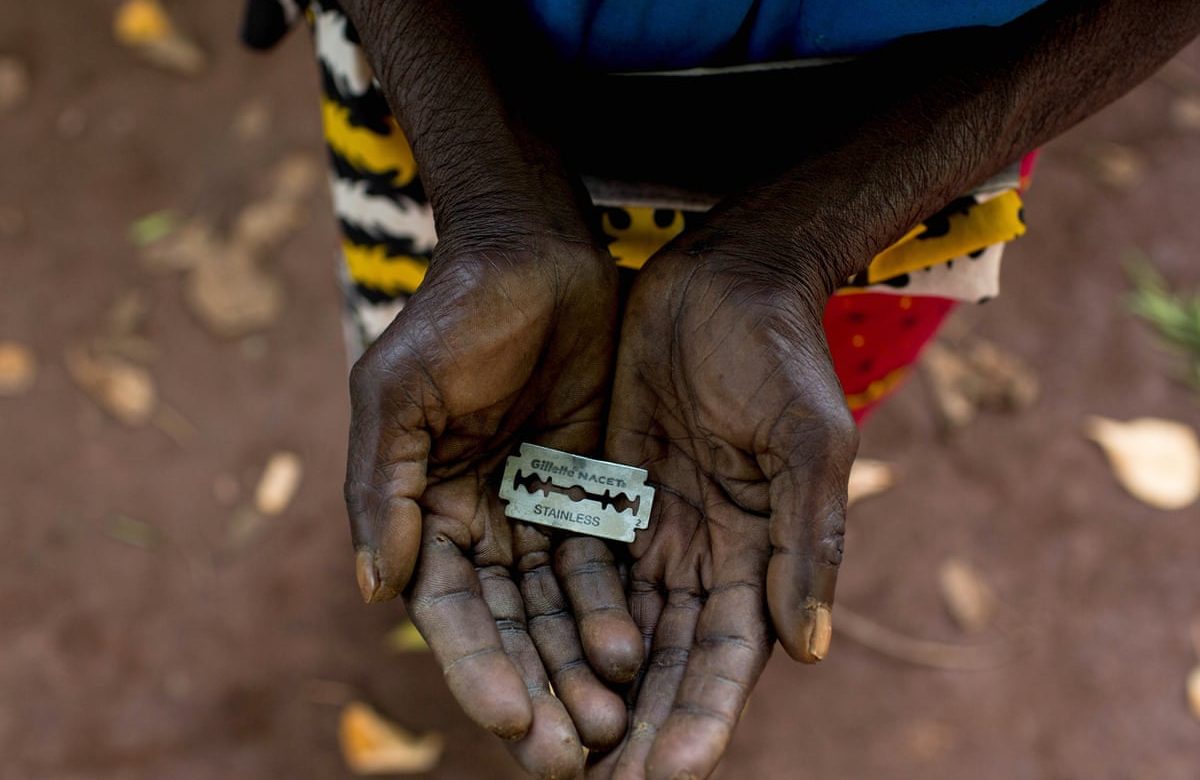
Sierra Leone: UN Human Rights recommendations help lead to end of death penalty
- GenderHuman Capital Development (HCD)International News
- No Comment
- 297
On 23 July 2021, a group of women sat expectantly in the audience of the Parliament of Sierra Leone, to witness a decision that changed their lives. It was the day lawmakers voted unanimously to abolish the capital punishment.
“To see the death penalty abolished, I am so happy,” said Mary*, one of the women in the audience.
Others called the decision historic, saying it would help women find the courage to get out of prison as well as happiness for those women who had their death sentences now commuted to life imprisonment.
The women were all former prisoners on death row, whose cases had been supported by AdvocAid, a Sierra Leonean NGO that provides legal aid to women in detention.
“We made sure that many of the clients we represented were able to attend this vote and witness the abolition,” said Rhiannon Davis, who was executive director of AdvocAid at that time. “For us campaigners, the abolition represents huge progress.”
The abolition of the death penalty in Sierra Leone has been the result of decades of work from NGOs like AdvocAid, as well as the country’s human rights commission. It was aided by the continuous recommendations from the Human Rights Council’s Universal Periodic Review (UPR) – which examines the human rights record of each UN Member State.
“I am convinced that Sierra Leone represents an inspiring example of how the UPR mechanism – with the strong support of national stakeholders and development partners – can effectively support concrete changes in law and practice at country level that strengthen the national human rights protection system while ensuring prevention and the success of the Sustainable Development Goals,” said Gianni Magazzeni, Chief of the UPR Branch at UN Human Rights.
“Using every tool that we had”
No one had been executed in Sierra Leone since 1998, but nearly 90 people were on the death row in 2020.
In its 15 years of existence, AdvocAid accomplished the release of six women and three men who had been given capital sentences.
But the organization did not limit its campaign to actions on the ground in Sierra Leone. With the Vance Center, another anti-capital punishment NGO, it participated in the UPR.
“For us, it was about using every tool that we had to advocate directly to the government but also to try to engage the wider international community and really show that this request for abolition was not imposed from the outside on Sierra Leone,” Davis said.
A cyclical review of the human rights situation of each UN Member State carried out by other Member States, the first UPR of Sierra Leone took place in 2011, with some 13 reviewing States already recommending the abolition of the death penalty.
A reminder of the government’s international treaty obligations
The Human Rights Commission of Sierra Leone (HRCSL), the country’s human rights institution, also contributed with written submissions in favour of abolishing capital punishment, to the UPR to remind the government of its international human rights treaty obligations.
“
We wanted to make sure that if Sierra Leone signed up to the International Covenant on Civil and Political Rights that protects the right to life, that should be reflected in the laws that we have.
“
SIMITIE LAVALY, ONE OF THE FIVE HRCSL COMMISSIONERS
Civil society and Member States were not the only stakeholders to have pushed for abolition in Sierra Leone through the UPR. Over the past decade, UN entities also encouraged the government to repeal capital punishment through information made available to reviewing Member States.
At Sierra Leone’s first UPR in 2011, Un Human Rights recommended the abolition of the death penalty in the country. In 2014, the Human Rights Committee and the Committee against Torture, two UN bodies of independent experts that monitor the implementation of the International Covenant on Civil and Political Rights and the Convention Against Torture and Other Cruel, Inhumane and Degrading Treatment or Punishment respectively, issued similar recommendations that were presented at the second UPR in 2016. For the third UPR in 2021, the UN country team in Sierra Leone called in their submission on the government to “undertake all necessary actions to abolish capital punishment.”
2021: a critical year for reform
Following its first and second UPR, Sierra Leone accepted all recommendations to abolish the death penalty. But, after a decade of commitments, the third UPR in 2021 proved to be decisive.
“For too long we committed ourselves to abolition,” said Allieu Vandy, a senior state counsel at the Ministry of Justice. “We could not go back to the UPR and say: ‘We are still looking at it’ and not do it now.”
On 17 December 2020, the president of Sierra Leone, Julius Maada Bio, stated his government’s clear intentions to abolish the death penalty and instructed his cabinet to do so. In the months before their third UPR, Sierra Leonean officials from the ministries of justice and foreign affairs thoroughly prepared for their review with workshops supported by the UPR implementation voluntary fund.
“It was very important to see what we needed to get right,” added Vandy, who represented the ministry of justice in these workshops.
UN HUMAN RIGHTS, OFFICE OF THE HIGH COMMISSIONER
https://www.ohchr.org/en/stories/2022/07/sierra-leone-un-human-rights-recommendations-help-lead-end-death-penalty




